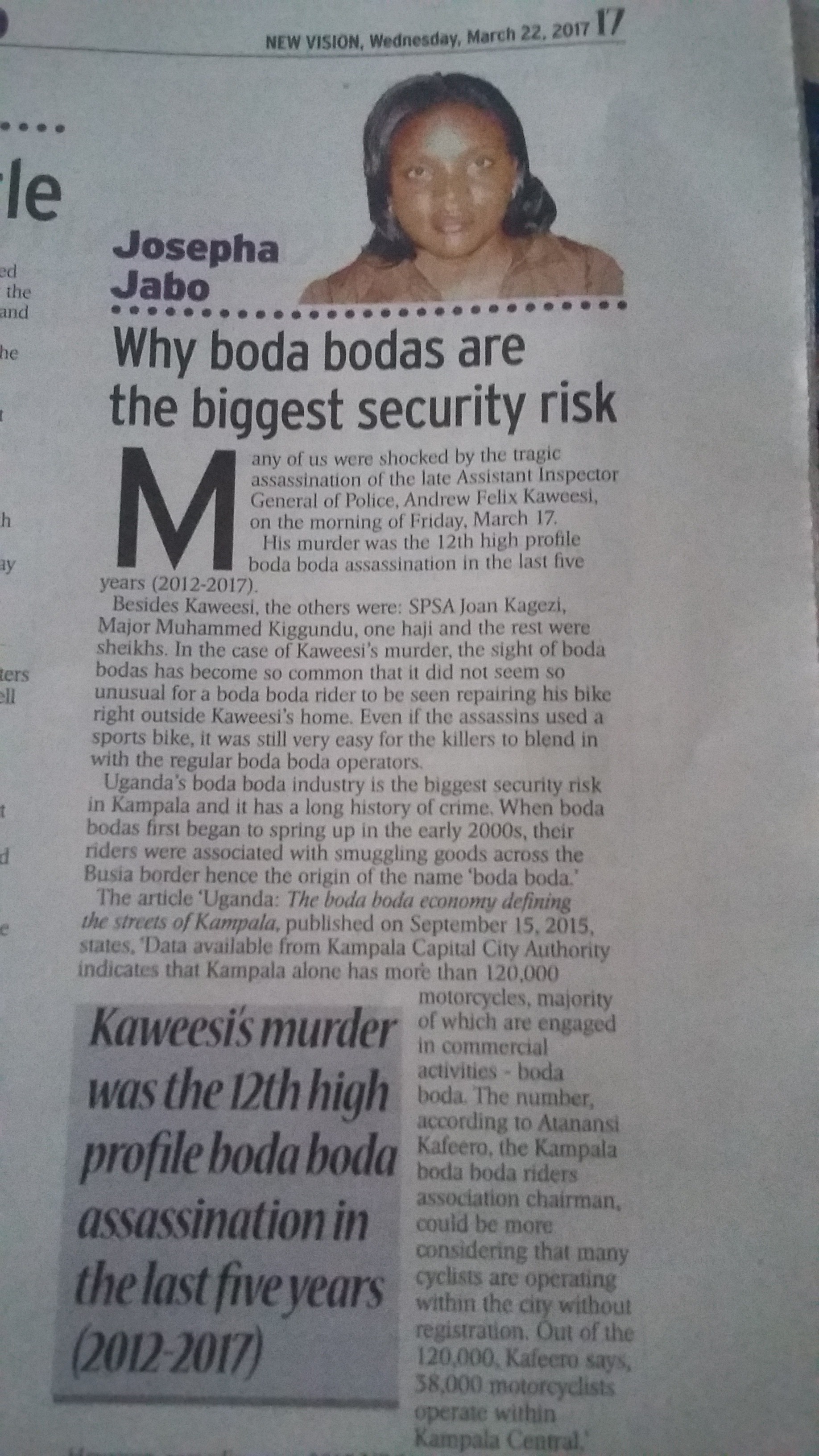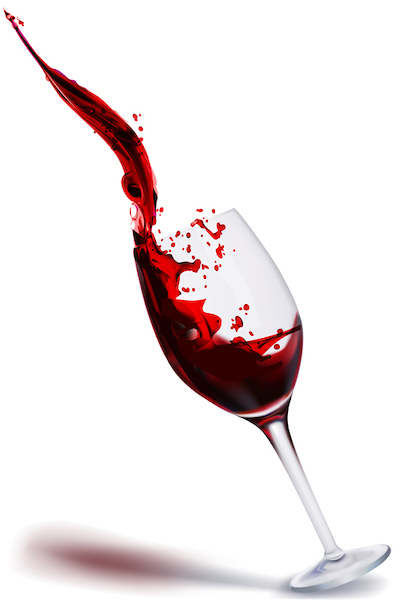
By Josepha Jabo
In Uganda, bars are open 24/7. It is not surprising, therefore, that in 2016 CNN ranked Uganda the 8th most alcoholic nation in the world, in terms of alcoholic consumption, and the 1st most alcoholic nation in Africa!
On Tuesday, November 8, 2022 Tororo District Woman MP, Sarah Opendi, presented ‘The Alcohol Control Bill 2022’ in Parliament, a draft bill proposing, amongst other things, that there should be no sale of alcohol before noon (midday) and before 6am.
This is because in Uganda people have the freedom to drink alcohol from morning to morning and some drunkards even sleep in bars! Bar-hoppers who drink alcoholic drinks, as a form of escapism, claim it is a ‘stress-killer’ because being intoxicated helps them forget their problems for a while as they waste their money on drinks in bars ‘having fun.’ But what’s the point of attending drinking parties, if you end up dying before your time in a drunk driving car crash?
According to a World Health Organization (WHO) Uganda 2018 road safety report, ‘On average Uganda loses 10 people per day in road traffic accidents, which is the highest level in East Africa.’ One if the causes is drunk driving. Now, if our traffic police embarked on a rigorous, year-round ‘Don’t Drink and Drive’ campaign, ready to carry out on-the-spot sobriety tests with breathalyzers on hand to test the amount of alcohol in a driver’s blood (this should include bodaboda riders) and ask them to ‘Walk the Line’ traffic accidents in Uganda would automatically reduce. Incidentally, the bill also suggests alcohol should not be sold to on duty law enforcement officers in uniform.
Those who are opposed to this bill are either clueless, or do not care how much alcohol destroys families or the fact that an alcoholic is not able to hold down a job. Therefore, it makes sense that drinking hours should be restricted, so that people drink more responsibly, or better yet become a teetotaler!
High alcoholic rates mean the country has lessened labour productivity, which overall has a negative effect on Gross Domestic Product (GDP). High taxes alone are not enough to restrict alcoholic consumption because people, who cannot afford the expensive brands, will simply purchase the cheaper brands. If it’s about losing tax venue, alcohol is not the only taxable commodity in this country—there are many!
During elections, some politicians even buy alcohol for their potential voters, in a bid to make themselves more popular!
We live in such a laissez-faire society that in Uganda, it is common practice for a parent to send his or her child to the neighborhood shop to buy alcohol. On the other hand, in developed countries that have higher GDPs than ours, the seller will first ask the child for some form of identification to ensure he is not selling alcohol to a minor, but in Uganda the seller will sell alcohol to the child, even when he or she can see the child is clearly underage. Therefore, one of the proposals in this bill is that whoever wants to buy alcohol should first present some form of identification (you should be 18 and above) either a national ID or a passport before one is allowed to buy.
On February 4, 2023 I was shocked to read Saturday Vision’s front-page headline story, ‘Police Probes Drug Cartels in Schools: Teachers Selling Drugs and Alcohol to Learners.’ What happened to professional ethics? We would do well to have more educational programs on our television sets. Documentaries teaching the dangers of alcohol abuse would help people sober up fast!
Opendi is currently carrying out consultations with relevant stakeholders to hear their views about her bill. Of course, for fear of a dip in sales, alcoholic beverage manufacturers and bar owners are up in arms about this bill. Yet, some of the negative long-term effects of alcoholic consumption are: poverty, liver failure, brain damage, memory loss, forgetfulness, hallucinations, blindness and cancer etc. In fact,alcohol addiction can lead to mental illness and one could end up being admitted as a patient in Butabika National Referral Mental Hospital! In extreme cases, people have died from alcohol poisoning.
In addition, bars which are established in residential areas have become a source of noise pollution in neighborhoods, stressing residents who cannot sleep because of the booming music emitting from the bars that keeps them awake until all hours of the night!
Proverbs 23:31-35 (NIV) likens alcohol to a serpent, ‘Do not gaze at wine when it is red, when it sparkles in the cup,when it goes down smoothly! In the end it bites like a snake and poisons like a viper. Your eyes will see strange sights, and your mind will imagine confusing things. You will be like one sleeping on the high seas, lying on top of the rigging. “They hit me,” you will say, “but I’m not hurt! They beat me, but I don’t feel it! When will I wake up so I can find another drink?”’
For sobriety’s sake, ‘The Alcohol Control Bill 2022’ needs to be enacted into law immediately.

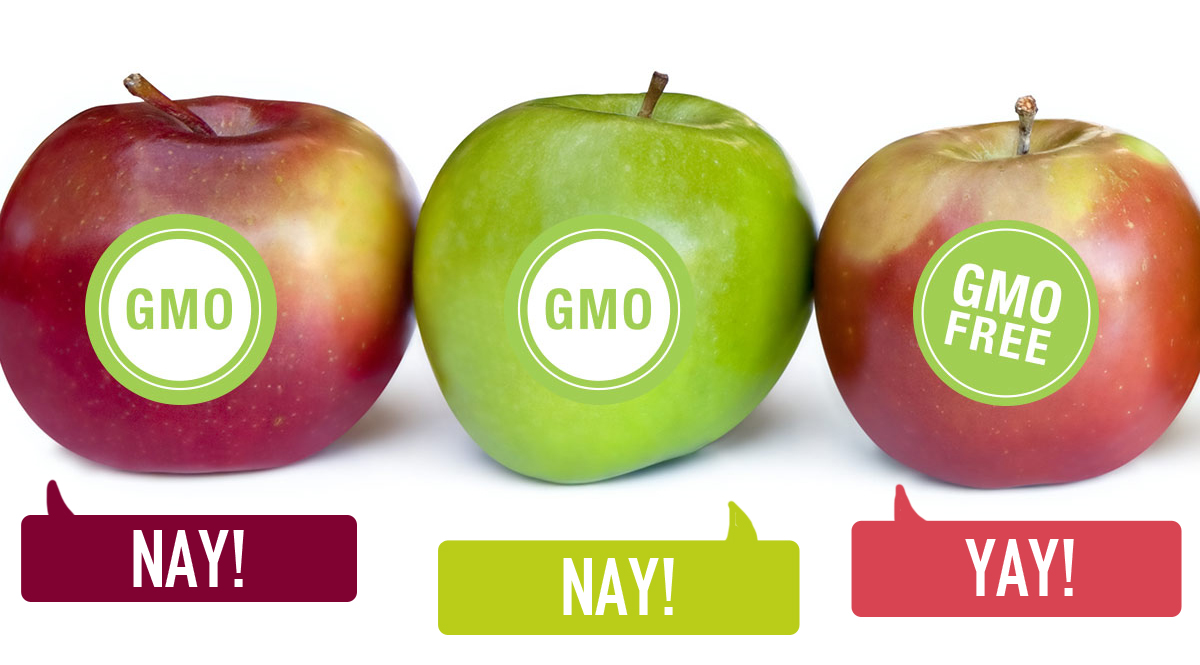


 The MV Templar wreck, retrieved from Lake Victoria. Photo Credit: The Crime 24
The MV Templar wreck, retrieved from Lake Victoria. Photo Credit: The Crime 24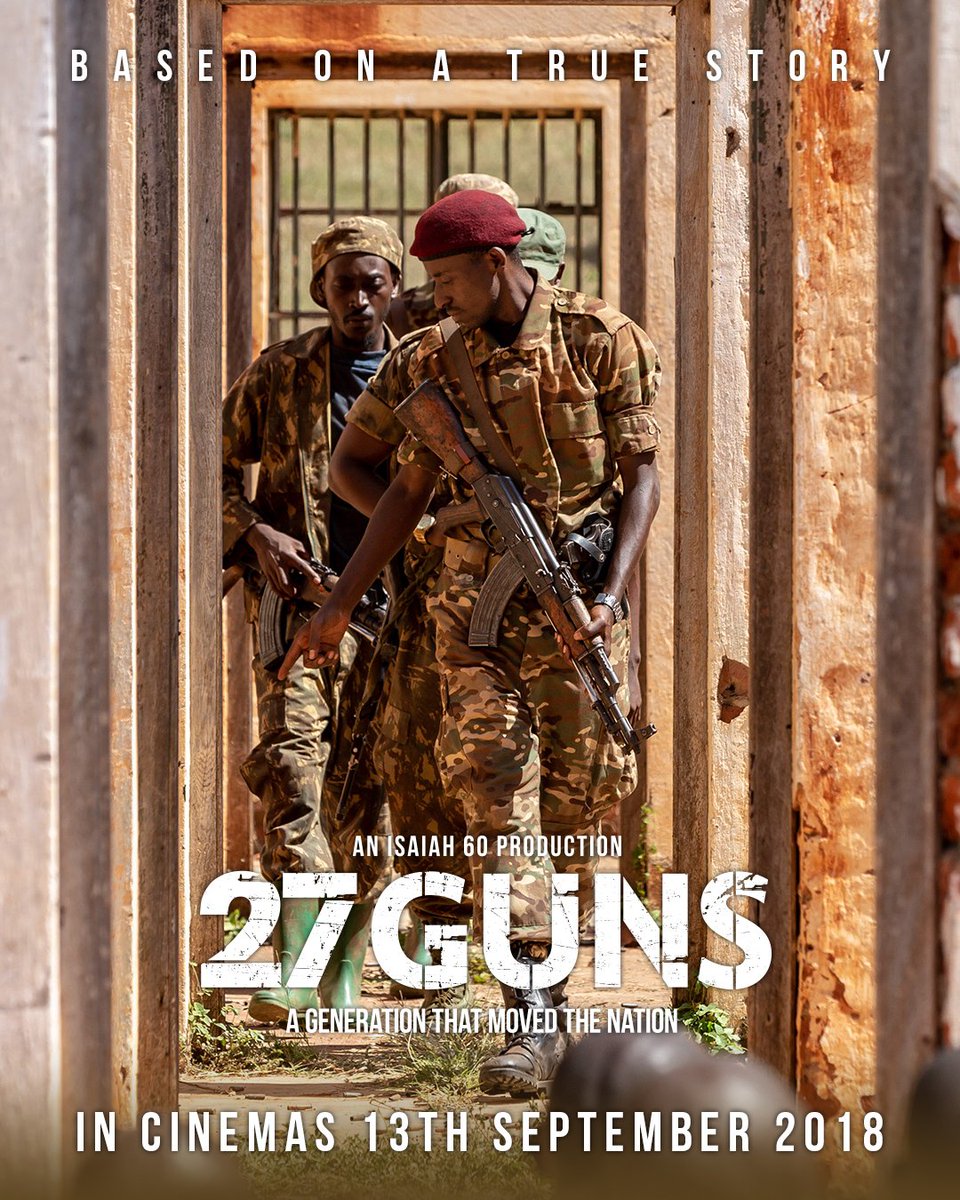
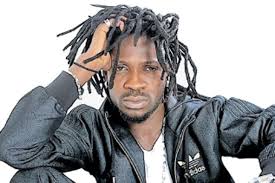
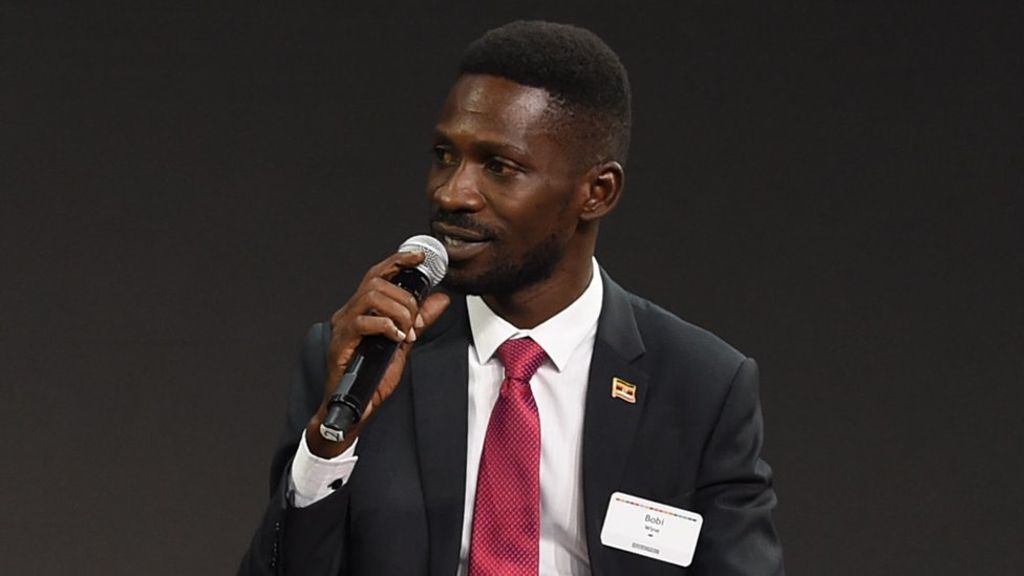
 Bobi Wine’s Power Salute. Photo Credit: Ghafla!
Bobi Wine’s Power Salute. Photo Credit: Ghafla!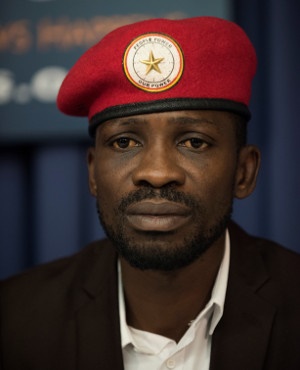 (Photo Credit: News24)
(Photo Credit: News24)